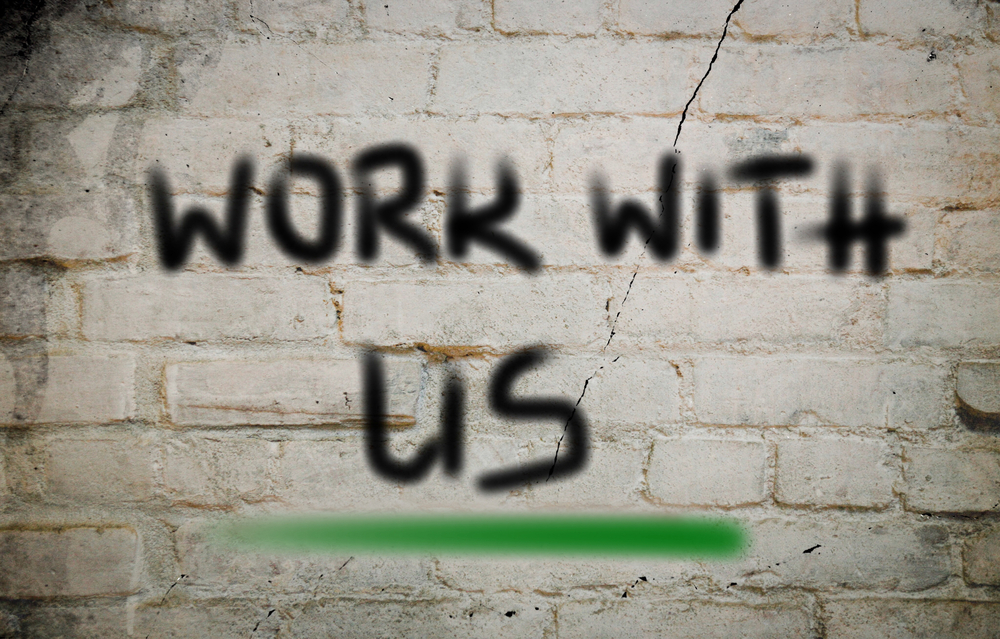
Question:
“What do recruiters look for in a CV when they first look at it?
When recruitment Consultants look through a pile of CV’s what is the vital information they focus on?”
Answer:
This obviously changes from recruiter to recruiter and depends on the role for which you’ve applied like Marketing Manager or Warehouse Manager. For one, Recruitment Consultants don’t look through stacks of CV’s anymore – most do everything online. In the main though I look at:
- Your most recent role – I try to figure out what your current status is and why you might be interested in a new role. Have you been made redundant? Did you get fired? Have you only been in your last position for a short time? Is your most recent experience relevant to the position which I’m recruiting for?
- Company recognition – I won’t lie – it’s not that I think certain companies are better than others (although some are). It’s just a matter of how quickly I can assign a frame of reference. It is obviously more difficult to do when you have only worked for obscure companies I have never heard of. When I can’t assign company recognition, it means I have to read the CV a little deeper, which isn’t an issue, unless it’s poorly formatted and wrought with spelling errors in which case…you lost my interest.
- Overall experience – Is there a career progression? Do you display increasing levels of responsibility? Do the titles make sense? Do the responsibilities listed match what I’m looking for. Keyword search – Do you have the specific experience for the role? I search key words particularly for technical roles that require experience with things like Cisco, Javascript, and seriously, anything you can think of.
- Gaps – I don’t mind gaps so long as there’s a good explanation. You took 4 years off to raise your children? Fine by me. You tried your hand at starting your own company and failed miserably? That’s actually very impressive! Gap sufficiently explained. Whatever it is, just say it. It’s the absence of an explanation that makes me wonder.
- Personal web presence — This includes personal domains, Twitter handle, LinkedIn or anything you chose to list. I almost always click through to a candidate’s LinkedIn account, website or twitter account. It’s one of my favorite parts of recruiting. Funnily enough I care less about what people say on Twitter and more about who is following you and who you follow. So much insight gained by seeing who values your thoughts.
- General availability — Location, Eligibility to work in Australia
- Organisation — This includes spelling, grammar, ease of use, ability to clearly present ideas.
- Cover letters — I love them and always read them. Most of my recruiting colleagues agree. I find that a lot of candidates don’t even send them anymore so if you’re going to send one, make it good and address the key criteria in the ad.
- Total time it takes me to do all of above: 1 minute approx*
*Note: I will read the CV in detail if I already know I have found a great candidate. It takes me approximately a minute to scan a CV and flag you for follow up. I read a CV thoroughly once I know I will be speaking to you. But I will not read a CV if you do not pass the above categories.
Things I often don’t pay attention to:
Fancy Formatting — There are exceptions here. However, it’s important to keep in mind that if you’re applying for a position online, whether it’s a PDF or not, most applicant tracking systems scan your CV for information and convert it to pure text as the most immediate viewing format. Recruitment Consultants don’t often see how awesome your CV is. The original file is usually there, but most consultants aren’t clicking through to that. If you’re going to do something fun with your CV, I recommend having a clean text CV as well whenever possible so it doesn’t arrive in the system looking odd. Also, if the formatting is important, always send in PDF.
Overtly personal details — There are legal reasons here. I learn to tune out certain things like marital status, family status (whether or not a person has children), reference to health or medical issues/triumphs, personal photos). Including things like this is common in CVs in other countries, but it makes me uncomfortable when people include photos with their resumes. If I want to see what you look like, I’ll stalk you on Linked In…and maybe other places. Can’t confirm that 🙂
Things I wish you would do more of:
Bring personality into it – We stare at CV’s all day long. I think it’s important to keep the work experience details as professional as possible, but trust me, there are ways to have fun with it. I love finding something buried in a CV…figuratively speaking of course! Include URLs for other web presences and within your comfort zone of course. I get it. I don’t want professional people seeing my Facebook page either.
Use colour and good typography
Things I wish you would stop doing:
Using MS Word’s CV templates – full stop.
Writing CVs in the first person – I do make exceptions for people who do it really well.
Have a CV that is a ridiculous number of pages — Unless you are a college professor with a huge number of published articles, you don’t need a 10+ page CV. It is not impressive. Shorten it. Also, I am not interested that you worked at KFC in 1988. I mean, good for you, but it’s not relevant.
First person and third person or present tense and past tense — Pick one, pick a tense, and then keep to it. I suggest third person and past tense.
Exaggerating titles and responsibilities — Eventually the truth comes out.
Good luck!




